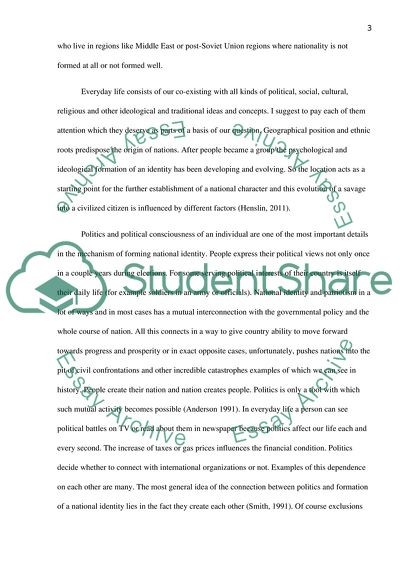Cite this document
(“How is national identity constructed in everyday life Essay”, n.d.)
Retrieved from https://studentshare.org/journalism-communication/1689318-how-is-national-identity-constructed-in-everyday-life
Retrieved from https://studentshare.org/journalism-communication/1689318-how-is-national-identity-constructed-in-everyday-life
(How Is National Identity Constructed in Everyday Life Essay)
https://studentshare.org/journalism-communication/1689318-how-is-national-identity-constructed-in-everyday-life.
https://studentshare.org/journalism-communication/1689318-how-is-national-identity-constructed-in-everyday-life.
“How Is National Identity Constructed in Everyday Life Essay”, n.d. https://studentshare.org/journalism-communication/1689318-how-is-national-identity-constructed-in-everyday-life.


